Comprehensive Approach for Obesity
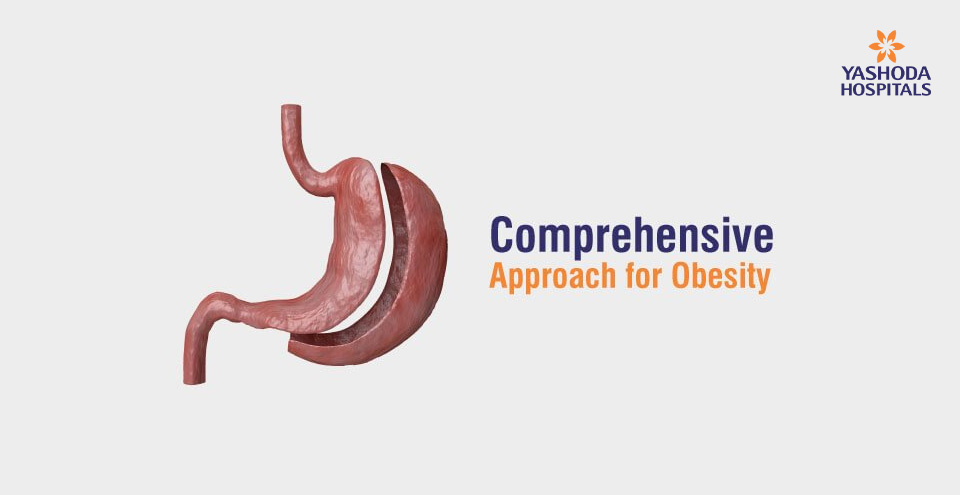
1. Understanding obesity and health risks of being overweight
2. What are the causes of obesity?
3. What are the risks of obesity?
4. What is bariatric or weight loss surgery?
5. Bariatric surgery at Yashoda Hospitals
7. How soon can a person experience weight loss?
8. Will the person lose all the weight and look skinny?
9. What are the benefits of surgery?
10. Who can undergo bariatric surgery?
11. Can the individual eat everything after bariatric surgery?
Understanding obesity and health risks of being overweight
India has an alarmingly high number of people who are obese. In past 10 years, the number of obese people has doubled in the country, according to the National Family Health Survey (NFHS-4). Obesity is the accumulation of body fat resulting in serious health problems. Obesity is calculated based on Weight vs. Height by BMI.
BMI = Weight(kg)/Height(m)2
(BMI > 25 – Overweight, BMI > 30 – Obese
, BMI > 40 – Morbidly Obese, BMI >50 – Super Morbidly Obese)

What are the causes of obesity?
- The fundamental cause is energy imbalance with excess calories consumed and fewer calories spent.
- Increased use of energy dense foods.
- A decrease in physical activity.
- Genetic inclination.
- Certain medications used to treat illnesses.
- Endocrine disorders.
What are the risks of obesity?
Obesity increases the risk of many health problems resulting in a higher risk of:
- Heart attack
- Stroke or paralysis
- Diabetes
- PCOS & infertility in women
- Fatty Liver & NASH
- Osteoarthritis
- Sleep apnea
- Many causes of cancer
- Risk increases with an incremental increase in BMI

For nearly all people with severe obesity, surgery is the standard of care.
What is bariatric or weight loss surgery?
Weight loss surgery is a minimally invasive laparoscopic surgery designed to facilitate the loss of excess weight through two basic approaches:
- Restrictive procedures in which the size of the stomach is reduced to decrease the food intake.
- Malabsorptive procedures that alter internal flow of food to decrease calorie intake and cause food to be incompletely absorbed.
Bariatric surgery at Yashoda Hospitals
Our bariatric surgical team specializes in minimally invasive laparoscopic surgery, which involves smaller incisions for less scarring, decreased pain, fewer complications, and faster recovery times for patients. Below are the four weight loss procedures we offer:
- Laparoscopic Sleeve Gastrectomy (LSG): In this case, approximately 70-80% of the stomach is removed.
- Laparoscopic Roux-en-Y Gastric Bypass (LRYGB): A small stomach pouch is made with the bypass of a small bowel which limits the amount of food intake along with a decreased absorption of calories.
- Laparoscopic Mini Gastric Bypass (LMGB): Similar to LRYGB except for a slightly larger stomach pouch.
- Intragastric Balloon Placement: It involves placing a fluid filled silicone balloon in your stomach. This helps by limiting how much you can eat.

Are these surgeries safe?
These surgeries are done using the laparoscopic technique which means small keyhole surgery. Recovery is quicker and patients are discharged home in 1-2 days. These are as safe as any general surgery when performed by an experienced team and even safer than a knee replacement surgery.
How soon can a person experience weight loss?
Weight loss happens over the next 6-12 months after bariatric surgery. Initially, it is rapid with as much as 2-3 kg lost in a week but gradually tapers over time.

Will the person lose all the weight and look skinny?
No. Most people will come to the normal weight category or overweight category and rarely become underweight.
What are the benefits of surgery?
- Cure Diabetes in >70% of patients and improve in almost 100% of patients
- Get rid of Hypertension
- Improve the quality of life with increased mobility and energy
- Even increase your life expectancy
Who can undergo bariatric surgery?
- BMI > 37.5
- BMI > 32.5 with health problems (like DM or HTN or Sleep apnea)
- BMI > 27.5 in selected patients with uncontrolled Diabetes
Can the individual eat everything after bariatric surgery?
Yes and No. Your diet will advance slowly from liquids to soft food to eventually regular food over 1-2 months after surgery. You will then be able to eat everything but in significantly decreased proportions. Our dietitian will work with you regularly and discuss all the diet options.
Is exercise necessary to lose weight?
Exercise is required as part of a healthy lifestyle to decrease other health problems associated with obesity. Exercise also lets you maintain your lean body mass after surgery. Our experienced physiotherapy team will tailor the exercise needs based on your health conditions and activity level.
References:
- Bariatric Surgery, MayoClinic, https://www.mayoclinic.org/tests-procedures/bariatric-surgery/about/pac-20394258. Accessed on 6th January 2021.
- Choosing a Type of Weight Loss Surgery, WebMD, https://www.webmd.com/diet/obesity/weight-loss-surgery-making-the-choice#1. Accessed on 6th January 2021.
- Medical Definition of Bariatric surgery, MedicineNet, https://www.medicinenet.com/bariatric_surgery/definition.htm. Accessed on 6th January 2021.
- Bariatric Surgery, Medscape, https://emedicine.medscape.com/article/197081-overview. Accessed on 6th January 2021.




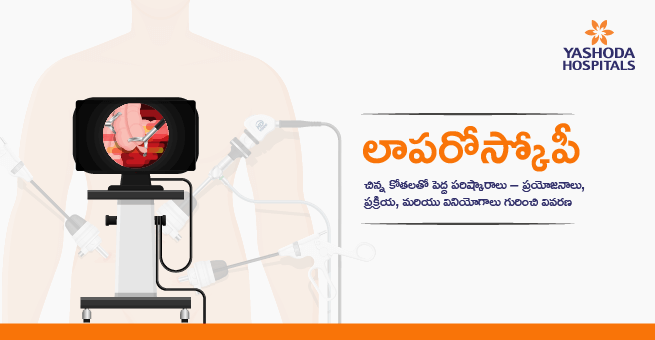

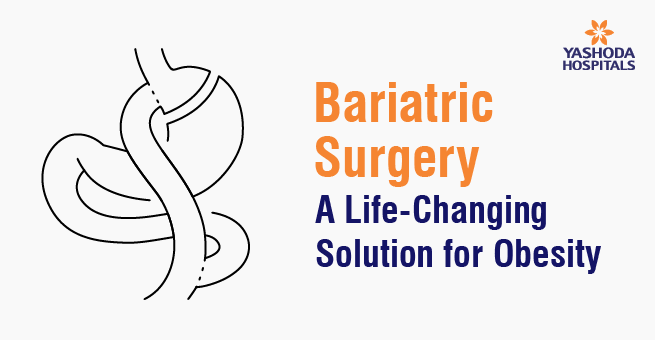
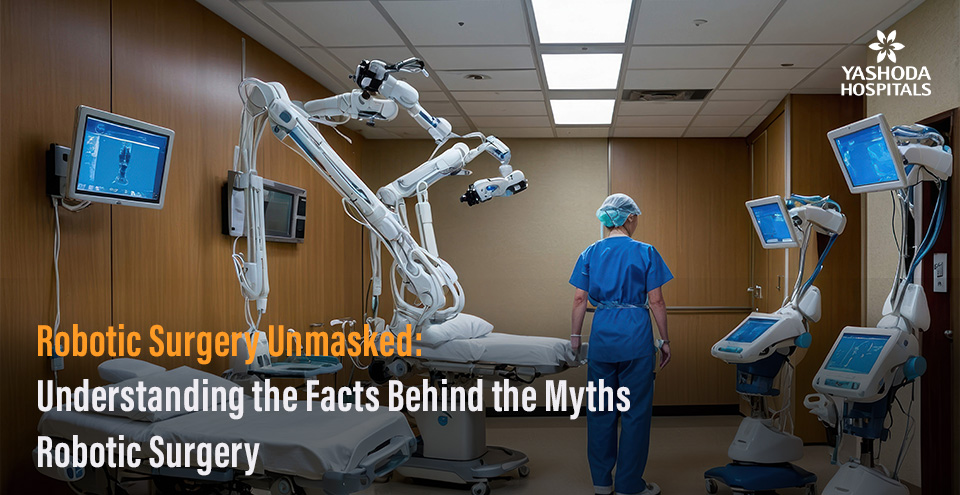



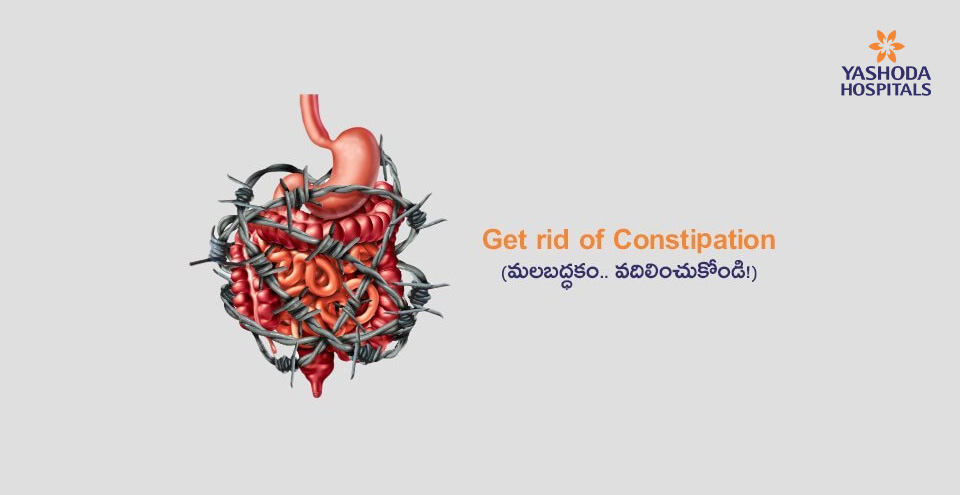







 Appointment
Appointment WhatsApp
WhatsApp Call
Call More
More